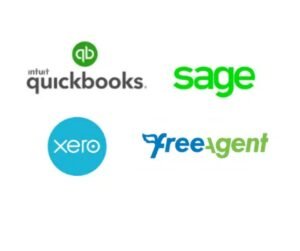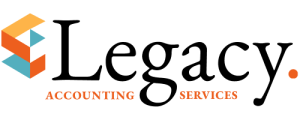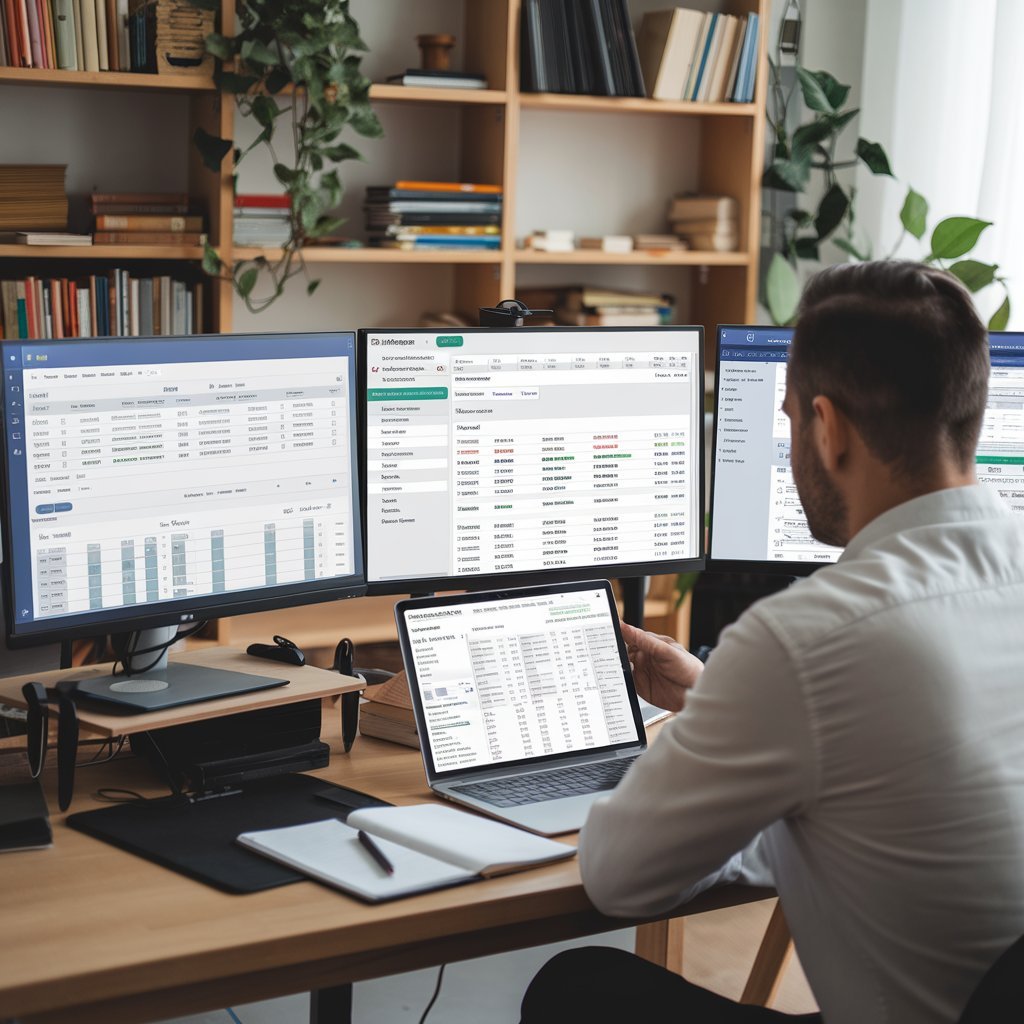Choosing the right accounting software is essential for businesses of all sizes. It can help automate accounting tasks, manage finances effectively, and provide valuable insights into the business’s financial health. However, with numerous options available on the market, it can be challenging to decide which one is best suited to your needs. This guide will help you understand how to evaluate and select the right accounting software, ensuring that you make an informed decision that supports your business’s growth and financial success.
- Understand Your Business Needs
The first step in choosing accounting software is identifying your business needs. Accounting requirements differ depending on the size, structure, and complexity of the business. Start by asking yourself a few key questions:
- What type of business do you run?
Are you a freelancer, small business owner, or a large enterprise? The type of business you operate will dictate the level of complexity required from your accounting software. For example, a freelancer might only need basic invoicing and expense tracking, while a corporation may need features such as multi-currency support, detailed financial reporting, and project management. - What specific features do you need?
Every business has different accounting needs. Common features include:- Invoicing and billing: Essential for tracking sales and ensuring timely payments.
- Payroll: Needed if you have employees and need to comply with tax and employment laws.
- Inventory management: Crucial for businesses that sell physical products.
- Project tracking: Helps businesses that operate on a project basis keep track of budgets, expenses, and profitability.
- How many users will require access?
Will it just be you, or do you need the software to be accessible by accountants, managers, or other employees? This can impact the software’s cost and the number of user licences you need.
Understanding these needs will help you shortlist software that matches your business profile, ensuring you don’t pay for unnecessary features or miss out on important tools.
- Scalability and Flexibility
As your business grows, your accounting needs will evolve. This is where scalability comes into play. Choose accounting software that can scale with your business over time. Consider the following aspects:
- Support for Growth
Look for software that allows you to add users, features, and modules as your business expands. For example, if you start with a small team but plan to hire more staff, ensure the software can accommodate additional user licences without significant price increases. - Multi-currency and Multi-location
If you’re planning to expand internationally or open multiple locations, select software that supports multi-currency transactions and is able to handle multiple offices or branches. - Integration with Other Tools
As your business grows, you’ll likely add other tools and software. Choose an accounting software that integrates well with other business systems such as customer relationship management (CRM) tools, inventory management systems, and payment processors. This will save you time by automating data entry and reducing the risk of errors.
Tip: Look for software that offers flexible pricing models or modules that allow you to upgrade your plan as your business expands.
- User-Friendliness and Interface
Accounting software can be complex, but it shouldn’t require a steep learning curve. The right software should simplify your accounting tasks rather than make them more complicated. Look for the following features in the user interface:
- Ease of Navigation
The software should be intuitive, with a well-organised layout that makes it easy to find key features. Avoid overly complicated dashboards or interfaces that require extensive training to understand. - Customisable Dashboards
A customisable dashboard allows you to track key financial metrics at a glance, such as profit and loss, cash flow, and outstanding invoices. This ensures that you can easily monitor your business’s financial health. - Automation Features
Look for software that automates routine tasks like invoicing, bank reconciliation, and expense categorisation. Automation not only saves time but also reduces the likelihood of human error. - Mobile Access
In today’s fast-paced business world, being able to access your accounting software on the go is a major advantage. Many software solutions offer mobile apps that allow you to manage finances, approve expenses, and view reports from your phone or tablet.
Tip: Take advantage of free trials or demos to test the software’s user-friendliness. This will give you a sense of how it fits into your business’s workflow.
- Compliance and Tax Requirements
Tax compliance is one of the most critical aspects of accounting, and your software should make it easier for you to meet your obligations. Here are some key compliance features to consider:
- VAT and Tax Reporting
Ensure that the software supports VAT calculations and generates the appropriate tax reports in line with UK regulations. Look for tools that help with VAT returns, Corporation Tax, and Self-Assessment filings. - Automatic Updates
Tax laws and accounting standards are constantly changing. The right software should automatically update to reflect changes in regulations, ensuring that your business remains compliant. - Making Tax Digital (MTD)
Since HMRC’s Making Tax Digital initiative, businesses must submit VAT returns electronically. Ensure that the software is compatible with MTD and offers digital submission for tax filings. - Financial Reporting and Audits
The software should offer robust financial reporting features, such as balance sheets, income statements, and cash flow statements, which are essential for audits and tax filings.
Tip: Double-check the software’s compatibility with HMRC’s MTD system and other regulatory requirements before purchasing.
- Security Features
Given that accounting software holds sensitive financial data, security is paramount. Look for software with robust security measures to protect your business and customers:
- Data Encryption
Bank-level encryption is essential to safeguard financial data and prevent cyberattacks. Make sure the software uses secure encryption for data storage and transmission. - Two-Factor Authentication (2FA)
Two-factor authentication adds an extra layer of security by requiring users to provide two forms of identification before accessing the software. - Data Backups
Choose software that performs regular data backups to protect your information in case of a system failure, cyberattack, or other issues. - Role-Based Permissions
If multiple people will be using the software, ensure that you can assign different access levels to restrict what certain users can see or do within the system.
Tip: Research the software provider’s security protocols and read reviews to ensure they follow best practices for data security.
- Integration Capabilities
Your accounting software should be able to integrate with other business tools to streamline operations. Look for software that offers:
- Payment Processors
Integration with payment gateways like PayPal, Stripe, or Square can save time by automatically syncing payment data with your accounting system. - Bank Feeds
Automatic bank feeds allow you to import transactions directly from your bank account into the accounting software. This feature simplifies reconciliation and ensures that your financial records are accurate. - CRM and Other Business Tools
If you use CRM software to manage customer relationships, choose accounting software that can sync with your CRM to provide a comprehensive view of your finances and customer data in one place.
Tip: Check the list of available integrations before making your decision. Software with open APIs is often the most flexible and adaptable.
- Customer Support and Resources
Even the best accounting software can present challenges from time to time. A responsive customer support team can help you resolve issues quickly and avoid disruptions in your business operations. When evaluating customer support, look for:
- Availability
Does the provider offer 24/7 support, or are their hours limited to weekdays? Ensure that they can provide assistance during critical times. - Support Channels
Choose software with multiple support channels, such as live chat, phone, and email support. Some providers also offer dedicated account managers for premium users. - Educational Resources
High-quality documentation, video tutorials, and knowledge bases can help you learn how to use the software and troubleshoot issues independently.
Tip: Research the provider’s reputation for customer service by reading reviews or joining forums where users share their experiences.
- Pricing Structure
Pricing is an important factor when selecting accounting software. Consider the following pricing models:
- Subscription-Based
Most modern accounting software is subscription-based, with monthly or annual plans. These plans often offer tiered pricing based on features and the number of users. - Pay-Per-User or Pay-Per-Feature
Some software allows you to pay for only the features or number of users you need. While this can be cost-effective for small businesses, it can get expensive as your team grows. - One-Time Payment
Some accounting software offers a one-time payment for lifetime access. While this can be cheaper in the long run, it’s less common in the cloud-based accounting software market.
Tip: Compare the total cost of ownership, including any additional costs for updates, integrations, or premium support, to avoid hidden fees.
- Popular Accounting Software Options

Several accounting software options cater to businesses in the UK. Below are some of the most popular:
- Xero
Xero is a cloud-based accounting platform designed for small to medium-sized businesses. It offers a wide range of features, including invoicing, payroll, inventory tracking, and VAT returns. Xero is known for its user-friendly interface and integrations with over 800 third-party apps. - QuickBooks
QuickBooks is a popular choice for small businesses and freelancers. It offers a range of plans, from self-employed to full-fledged small business solutions. QuickBooks is well-regarded for its automation features and ease of use, particularly for tax and financial reporting. - Sage Business Cloud
Sage is a comprehensive accounting software solution that offers payroll, invoicing, tax compliance, and more. It is ideal for businesses looking for an all-in-one accounting system that integrates well with other enterprise systems. - FreeAgent
FreeAgent is perfect for freelancers and small businesses. It includes a variety of tools for invoicing, expenses, tax returns, and project management. Its simple interface and self-assessment tools make it particularly appealing for freelancers.
Tip: Always try out the free trials or demos before purchasing to ensure the software meets your needs.
- Future-Proofing Your Choice
Lastly, it’s important to consider the future needs of your business. As your business expands, your accounting requirements will likely become more complex. Choose software that:
- Provides regular updates to keep up with changing tax laws and accounting standards.
- Offers add-ons or new features that can accommodate future growth.
- Provides scalability in terms of users, features, and functionality.
Tip: Select software from a provider with a good track record of updates and innovation.

Need Expert Advice on Accounting Software for Your Business?
Choosing the right accounting software can be overwhelming, but with the right guidance, you can streamline your financial processes and ensure compliance. At Legacy Accounting, we specialise in helping businesses like yours select and implement the best accounting software solutions that align with your specific needs. Whether you’re a freelancer, a small business, or a growing enterprise, our team is here to provide expert advice and tailored solutions to optimise your financial management.
Contact Legacy Accounting Today:
Visit: https://legacyaccounting.co.uk/
Call: 01235 820000
Email: info@legacyaccounting.co.uk
Let us help you take the guesswork out of accounting software and set your business up for financial success.


